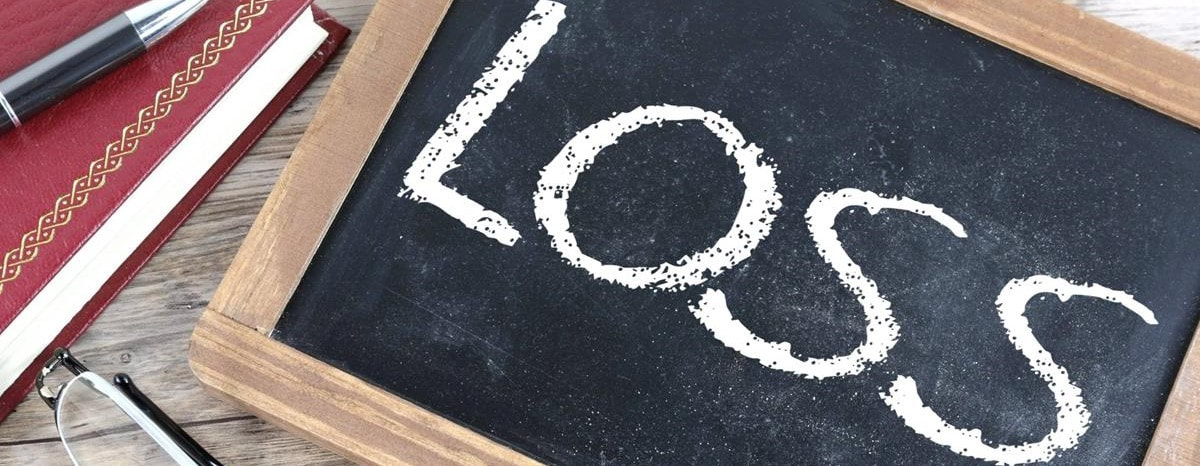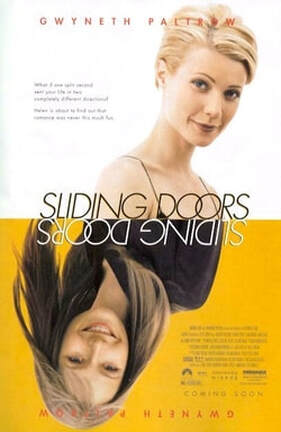|
Widowhood comes with a lot of different secondary losses, and one of these is the sense of losing who we are. When we are in a relationship, however independent we are, our partner becomes part of who we are and how we see ourselves. We are a wife, a husband, a partner, a girl or boyfriend, a significant other, a spouse – whatever name we use for it, we lose this part of us when we are widowed*.
Loss of identity can especially be an issue for people who are widowed early on after a change in a relationship, for example getting married or civil partnered or moving in together, as they haven't had chance to find out who they are in these new situations before having it taken away from them. It may also have a huge impact on people who move a long distance or change countries to be with their partner, as they are a long way from their support networks Some people take a pause from their job or education when they are widowed, or stop working or studying altogether. Some people lose their faith. Some people lose touch with their partner's families, their own families, or their friends. These are all part and parcel of the loss of our identity, and the sense of missing the person we were before our person died. Finding us again Finding us again may be picking up something we did before. This could be something we did before we got together with our partner – perhaps even something we did as a child or teenager. It could be something we did with our partner before their death. This allows us to reclaim a thing we loved, as well as creating continuing bonds with the person we lost. It could be doing something new. I went back to university to do an MA in Writing for Performance. It did me good to be somewhere where no-on knew me as Tim's wife or widow. I created The Widow's Handbook. I made new friends. I even went axe throwing. *Don't forget – you are a widow if you have lost your partner, however long the relationship lasted and whatever the relationship status.
0 Comments
Losing a partner is a huge and catastrophic loss, and with it come a whole battery of secondary losses. This includes a loss of confidence and a loss of who we feel we are.
Losing confidence in yourself By taking away the person who was closest to us, bereavement can affect our sense of self, our self-esteem and our view of who we are. It takes our past, our present and our future, and leaves us feeling as if the carpet has been pulled out from under our feet. Losing confidence in your grief Early on in my grief I lots confidence in my ability to grieve. Was I grieving too much or too little? Later on down the road some days I thought I was getting over him too quickly, and other days I thought I was taking too long to move forward. Losing confidence in your health When we lose someone that we are close to, it of course leaves us grieving. It can also remind us of our own health and mortality. This can turn into health anxiety, which is worrying too much about whether you are seriously ill or are going to become seriously ill. It can affect your day-to-day life. Losing confidence in the world The death of our partners, especially when it is sudden and unexpected, can erode our confidence in how the world works. If something that catastrophic can happen without warning, what's to stop all manner of other things happening. This can leave us with a loss of hope, depression and A feeling that life isn't worth living any more. Dealing with loss of confidence
In my other life, I'm a medical writer, and I sometimes travel to for work. A few months after Tim died I went to Germany to write a report on a meeting. Whenever I went away, I'd always tell Tim that I was heading off to spend time with my people – doctors, scientists, researchers – and going to the conference was a little slice of normality after his death turned my life upside down. I love flying and the excitement of the journey kept me going, but arriving at the hotel brought me back down with a bump, as we'd message when I arrived safely and I'd send him pictures of the hotel room and the view out of the window. The conference went well, and I found moments of happiness talking about the science that I love. The journey home was hard, with a long delay in a late-night European airport, but a fellow widow kept me going by chatting on Messenger, and for that I'm still grateful.
Four and a half years on and I'm going to Grenoble to chair a panel at a medical devices conference, and my journey starts in Hope, at a rural railway station in the dawn light. I am living a whole new life – before I left I kissed my new wife and my new puppy goodbye – but I still carry Tim with me as I head out to see my people. Sometimes I feel that I'm living two parallel lives. There's the life that changed abruptly when Tim died, and the other that carried on, where we are still married and he is still in his bookshop downstairs.
Warning. Some sweariness.
One of the first, and wisest, things someone told me about the impact of bereavement is that it is three-fold. We lose our past, our present and our future. This helped me a lot. However, I wasn’t prepared for how much the death of a partner changes us. How much we become different people. Grief rewires our brains. This rewiring may be temporary, as we go through the fog that is widow’s brain. Some of the changes may also be long-term, or even permanent. For example, bereavement can lead to heightened anxiety, where everything seems like a threat or a potential catastrophe. I am actually less anxious about myself after bereavement, because I realised that I dealt with the worst thing that could ever happen, and I survived. I have more confidence in myself (well, most of the time), because I rebuilt my life on my own. However, I do worry about other people, and I no longer believe in the permanence of anything. I think it now takes me longer to accept change, as there have been some many changes in my life. I am more patient with other people and their pain and sadness. But I have lost the ability to tolerate fools gladly (not that I was ever that good at it before Tim died). To quote Hank Green, “Behold the field in which I grow my fucks. Lay thine eyes upon it and see that it is barren.” All of this doesn’t mean that you will never be happy again. Your sadness day to day will lessen. You will feel less angry. You will find yourself smiling or laughing at things. You will go out with friends or go to a party and have fun. Your grief will remain part of you – mine does – but you will start moving forward. I am happy – not the kind of happy that I expected. After all, one version of my future was taken away from me when Tim died. But I am a different kind of happy in a new version of the future. |
AuthorI was widowed at 50 when Tim, who I expected would be my happy-ever-after following a marriage break-up, died suddenly from heart failure linked to his type 2 diabetes. Though we'd known each other since our early 20s, we'd been married less than ten years. Archives
July 2024
Categories
All
|







 RSS Feed
RSS Feed